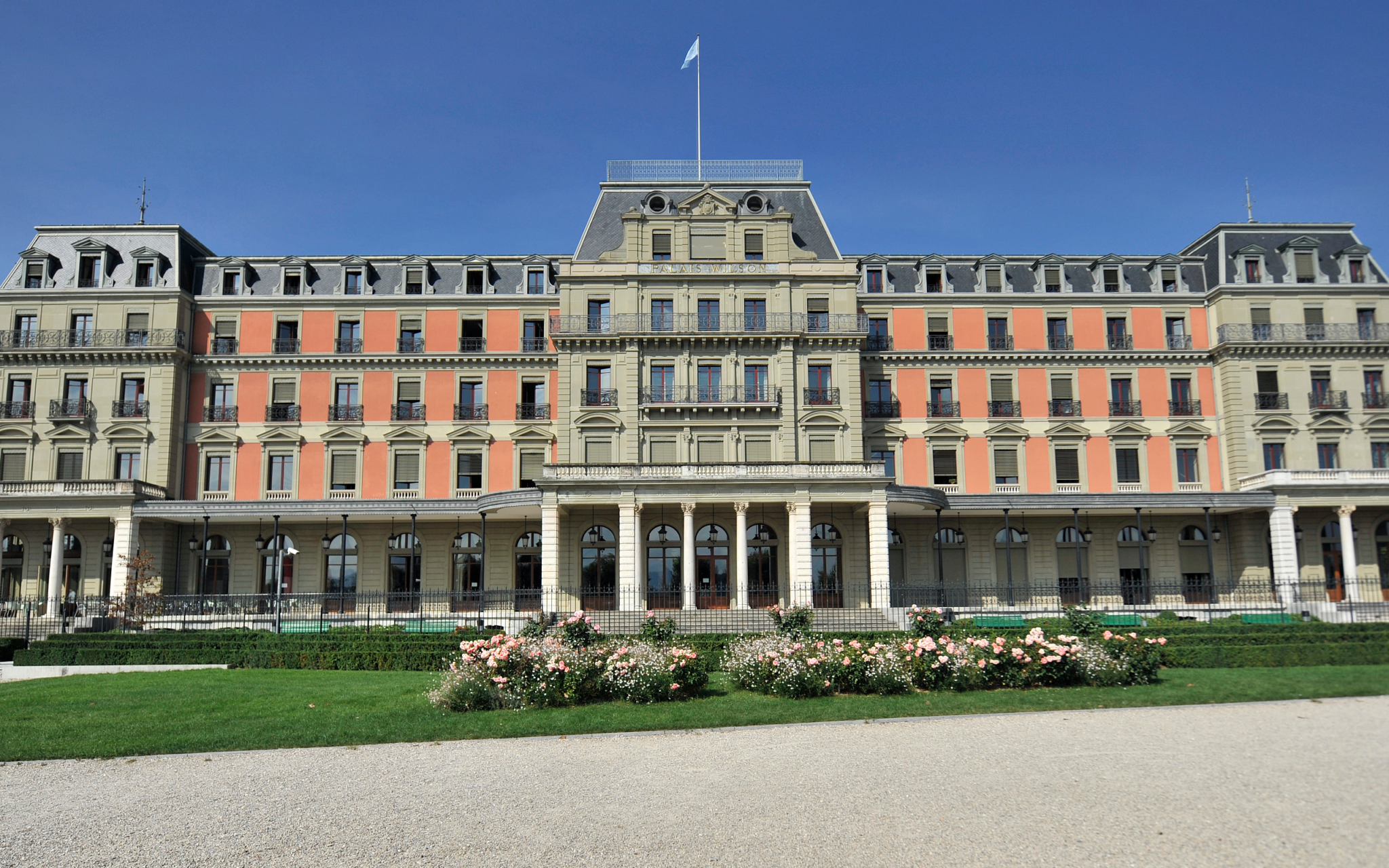The Special Procedures of the United Nations Human Rights Council (HRC) released the 14th iteration of their joint communications report on Friday, May 27, 2016. In the latest communications, the Special Procedures cited three cases of violations, singling out Bahrain as among the worst offenders of human rights. The Special Rapporteurs on Expression, Human Rights Defenders, and Torture issued a complaint regarding alleged arbitrary arrest, detention, charges and prosecution, and in some cases of torture and ill-treatment of ten individuals in Bahrain.
Bahraini authorities targeted the ten individuals cited in this complaint for social media posts and online content. Among the ten was one child, Ali al Shofa who was seventeen years old at the time of his arrest. Authorities charged Ali with ‘insulting the King’ in reference to messages posted on Twitter. After serving a 1-year sentence, authorities released Ali in 2014.
Human rights defender Nabeel Rajab was among the ten individuals named in the communications. In 2014 and 2015, Bahraini authorities targeted Nabeel, who has previously been the subject of ten joint urgent appeals and join allegation letters, for tweets he posted criticizing the government of Bahrain. In 2015, Bahraini authorities sentenced him to 6 months in prison for tweets that were deemed insulting to the Ministries of Interior and Defense. Following international pressure, the King of Bahrain pardoned Nabeel, but his freedom of movement is restricted as he remains under a travel ban.
Ebrahim Karimi was another individual mentioned in the complaint. The Bahraini government accused Ebrahim of inciting hatred against the regime, insulting the king and misuse of social media after interrogating him about twitter posts under the handler “FreeJKarimi.” Ebrahim remains detained in solitary confinement at Dry Dock Detention Center as he awaits his trial.
The Government of Bahrain regulates cyberspace to limit the exercise of the right to freedom of expression and opinion. Measures taken by the government include blocking websites and other online content as well as arbitrary arrests, detention, torture, and prosecution to coerce the removal of material and encourage self-censorship. The latest communications from the Special Procedures further illustrates the Government of Bahrain’s systematic efforts to limit freedom of expression.





